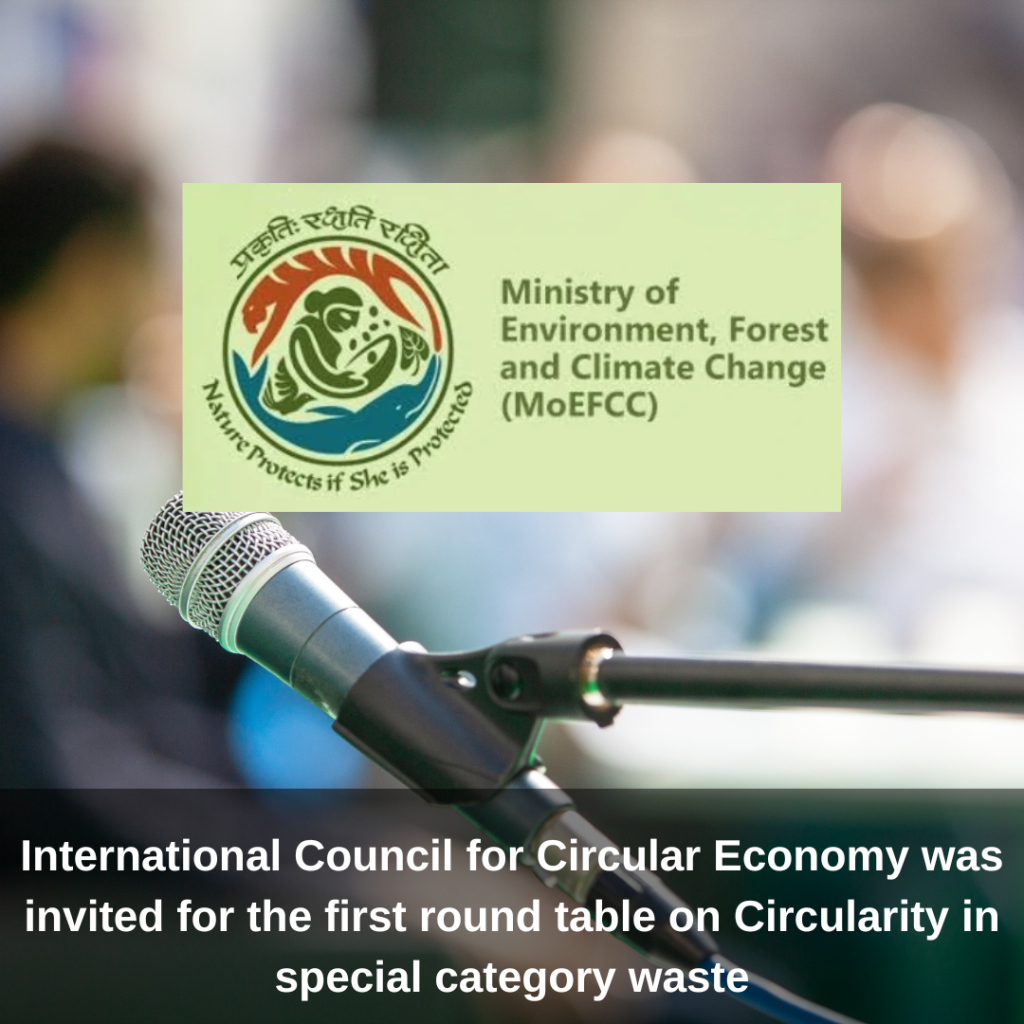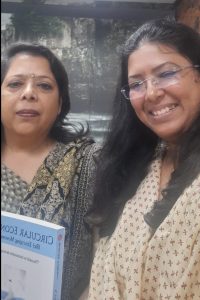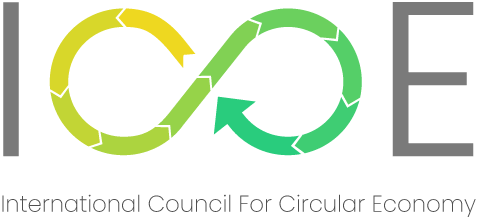
First round table on Circularity in special category waste
, 11th Nov' 22
International Council for Circular Economy was invited for the first round table on Circularity in special category waste. The discussions were around the issues and challenges in the implementation of extended producer responsibility-based market mechanism and circular economy action plan: An industry perspective.
Extended Producer Responsibility (EPR) is a governance-based policy mechanism and helps advance the circular economy by ‘closing the loop’ in a product value chain. Under EPR framework the producers are responsible for environmentally sound management of product for entire lifecycle of the product. EPR is the most important and the foundational principle for promotion of circular economy. Globally, the number of EPR-based schemes is rising in different waste streams including for Waste Electrical and Electronic Equipment, tyres and rubber, batteries, end-of-life vehicles, plastic packaging, used oil, etc. Fulfillment of EPR obligations by producers leads to creation of value for wastes, development of waste management infrastructure, and setting up of value chains across different waste streams. Circularity in different waste streams is determined by the level of recycling of that waste. Higher the level of recycling, based on technical and economic feasibility and cost effectiveness, higher will be the recovery of the materials more the circularity. It is important to embed obligations for minimum level of recovery and recycling of materials from wastes, to ensure circularity leading to material recovery and recycling, based upon availability of technologies. Use of the recycled materials in the making of new products is important to reduce the exploitation of virgin resources. Waste Management Rules mandating utilization of recycled content in the making of new products under EPR is an emerging area and hence adequate lead time is provided under rules.
Mission Circular Economy is a focus of the Government. Circular economy has been put in operation through Extended Producer Responsibility based market mechanism mandated by recent amendments in Plastic Waste Management Rules, Tyre Waste Management Rules, Battery Waste Management Rules and E waste Management Rules.
ICCE congratulates the MOEFCC for taking this initiative. The submissions have been made by the council to the ministry.

